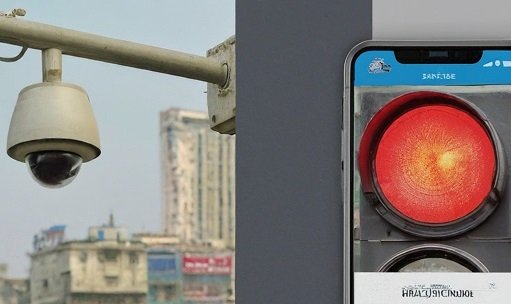In a significant step toward digital transformation, the Khyber Pakhtunkhwa (KP) government has officially launched an online traffic challan payment system, allowing citizens to conveniently pay traffic fines without visiting banks or traffic offices.
This initiative marks a key milestone in the province’s e-governance strategy, aimed at making government services more efficient, transparent, and citizen-friendly.
Digital Convenience for Citizens
Previously, citizens were required to wait in long queues at banks or make visits to traffic offices just to settle minor fines. The new system eliminates these hurdles by enabling payments directly through an online portal, saving valuable time and effort.
According to government officials, the platform is expected to:
- Streamline service delivery
- Enhance transparency and accountability
- Reduce corruption and manual intervention
- Increase government revenue collection
- Improve public satisfaction with digital services
Leadership Commentary on the Launch
Dr. Shafqat Ayaz, Special Assistant to the Chief Minister on Science and Information Technology, announced the initiative through social media, describing it as a major advancement in KP’s ongoing journey toward smart governance.
“This is a transformative step for KP,” he stated, emphasizing how technology is being leveraged to simplify government interactions and ensure that services are accessible to all citizens.
Part of Broader Digital Reforms in KP
The online traffic challan payment system in KP is just one element of a comprehensive digital reform agenda being pursued by the provincial government. From land record digitization to online citizen portals, KP is actively investing in modernizing public sector infrastructure to boost transparency, efficiency, and inclusivity.
These reforms not only enhance service delivery but also reflect the government’s commitment to aligning with national goals for Digital Pakistan.
The rollout of the online traffic challan payment system in Khyber Pakhtunkhwa marks a progressive leap in public service delivery. By embracing digital solutions, KP is setting a model for other provinces in modern governance and citizen empowerment.






